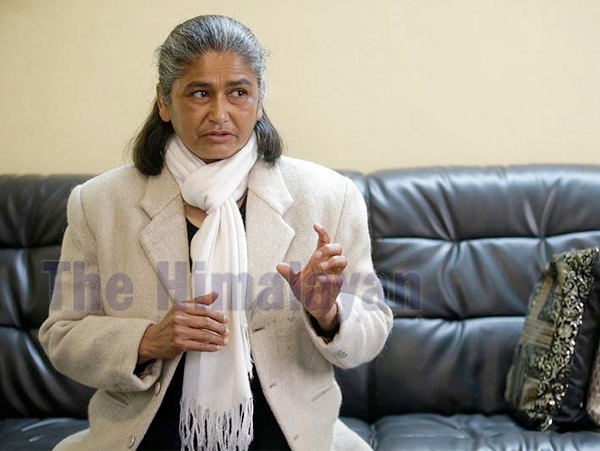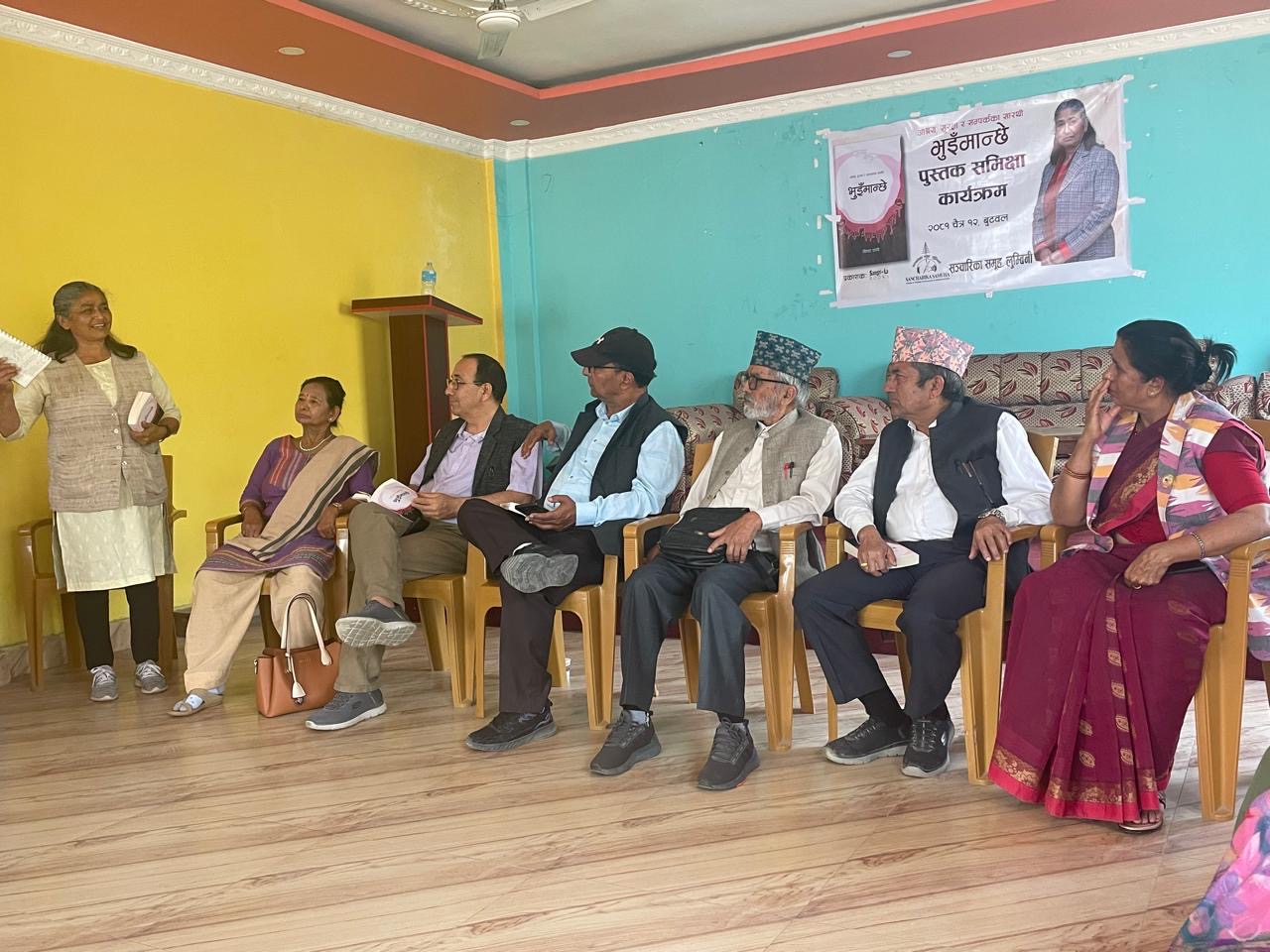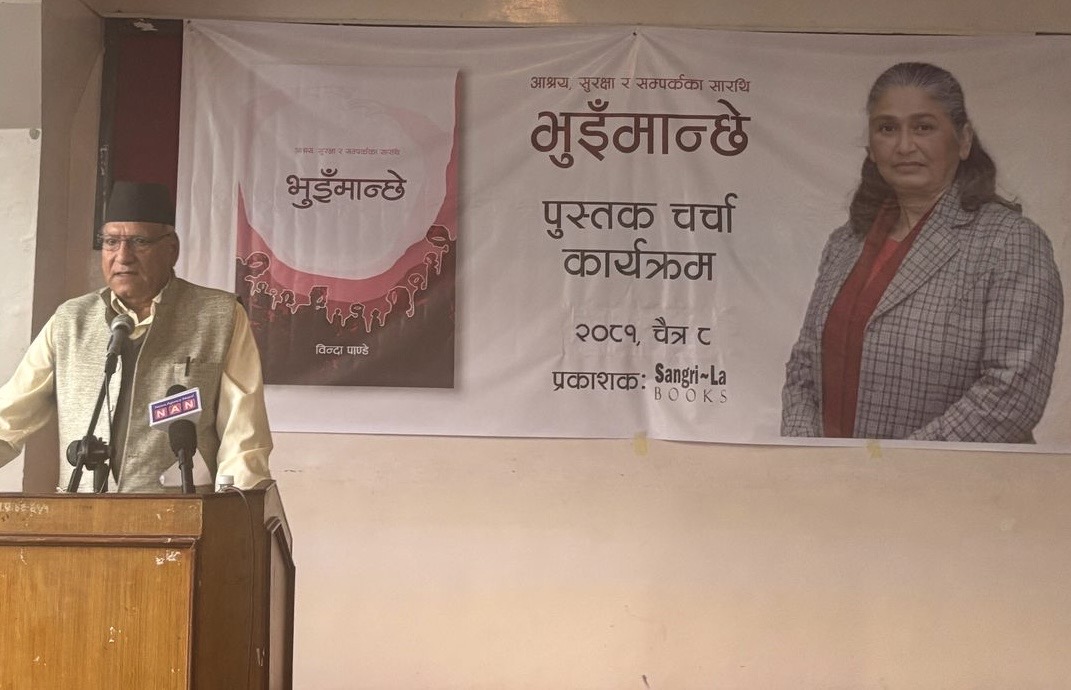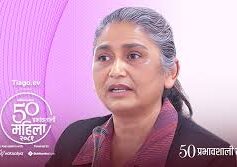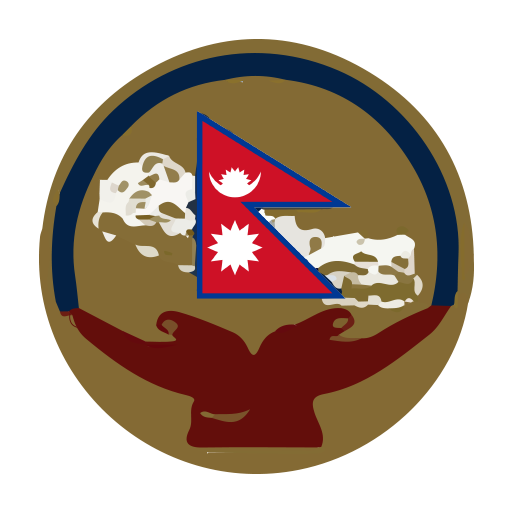(the paper presented in 4th Annual Conference of Nepal and Himalaya, held on July 22-24, 2015 in Nepal)
Abstract
Nepal, having gone through the powerful people’s movement, the Janaandolan-IIin 2006, is presently going through a period of prolonged transition. Janaandolan-II, which overthrew the monarchy and established republic of Nepal, set new agendas for political, economic and social transformation in the country. Its mission was to end the marginalization of the people based on gender, caste, region, ethnicity, class etc. Federalization of the state of Nepal, participatory democracy along with recognition of specific identity of various social groups, inclusion, gender equality, secularism, good governance have been visualized as means to institutionalize the mission. First step of the institutionalizing process is promulgation of long awaited new constitution, which is still in the process of formulation.
From a feminist perspective, several issues are at stake, but this paper deals only with the issues of identity, participation, voice and agency. Will the Nepalese women be ensured full citizenship and non-discrimination in the constitution? Until now the Nepali women remain an unequal citizen, legally and practically. Equal rights to National identity are the foundation for substantive equality. Discrimination between male and female rights to transfer the citizenship to their children and spouses make Nepali men and women fundamentally unequal.
Second, how will those rights be implemented in each of the states based on cultural identities? Because, while the identity issues sometime contradict with the fundamental human right issue in global level.
Third, what force will the CEDAW, ILO conventions and various other international treaties and conventions on gender equality and empowerment to which Nepal is a signatory, will have over the identity/based states?Here is another question that whether cultural traditional family laws overrule the international obligations on women’s rights?
Fourth, in last few decades,especially since the 1990 people’s movement and the Beijing Conference, women’s educational and health status have improved significantly. After Jabaandolan-II, have gained a substantial representation in the political decision position at the national and local political institutions also, in the police, army and the civil service? How will all those be protected under the federal system? Which State or Center will have the major role?These questions are still unanswered even through much awaited constitution to be promulgated soon.
On the basis of the analysis the paper concludes that identity should be redefined with feminist perspective, proper participation should be guaranteed to make democracy more participatory, inclusive and effective with allocation of adequate resources and setting up mechanisms to implement the commitments, if federalism is to be sustainable and functional.
Key words: Participation, Federalism, Gender Equality, Participatory Democracy, Feminism.
PPT. file- Federalism and Feminism
Wordfile- Federalism and Feminism
(This matter is not yet for copied or reproduced)

